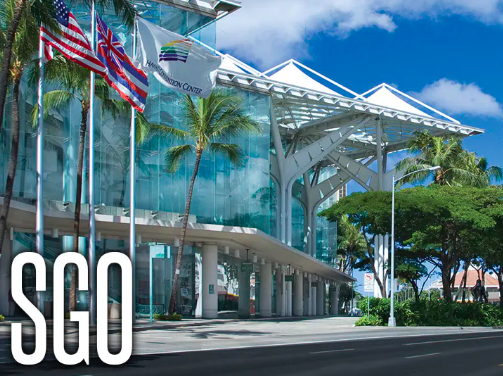The treatment offers long-lasting anti-tumor immunity.
The addition of a dendritic cell immunotherapy to chemotherapy has been found to prolong overall survival significantly in patients with recurrent ovarian cancer. The combination of chemotherapy + immunotherapy corresponded to 73% survival after 2 years vs 41% with chemotherapy alone.
This outcome of a randomized phase II trial was reported at the Society of Gynecologic Oncology (SGO) 50th Annual Meeting on Women’s Cancer, from March 16 – 19.
David Cibula, MD, PhD, of the First Faculty of Medicine, Charles University and General University Hospital, Prague, Czech Republic, explained that prolonging overall survival and maintaining quality of life during treatment are important objectives. This immunotherapy has almost no toxicity, which increases patient tolerability, and is a major advantage of this treatment. Few alternatives with such promising results are currently in clinical development.
Dr. Cibula and colleagues set out to compare overall survival of 64 women, half of whom received chemotherapy + immunotherapy, and half who received chemotherapy alone.
Eligible women suffered from serous, endometrioid, or mucinous ovarian carcinoma and scored 0 – 2 in Eastern Cooperative Oncology Group performance status.
They achieved a complete response to first-line platinum-based chemotherapy, which lasted >6 months, and at least one measurable lesion per Response Evaluation Criteria in Solid Tumors v1.1.
They were randomized to dendritic cell immunotherapy concomitantly with chemotherapy or chemotherapy alone. Stratification was based on receipt of bevacizumab (yes or no) and duration of remission (6 – 12 or >12 months).
A combination of carboplatin + gemcitabine was administered as standard-of-care chemotherapy for 6 to 10 cycles. From the second chemotherapy cycle, patients in the dendritic cell immunotherapy group received five induction doses of the treatment every 3 weeks, and five maintenance doses afterward every 6 weeks.
The primary endpoint was progression-free survival. The main secondary endpoint was overall survival. Final data cut-off was planned when approximately 32 overall survival events had occurred (50% maturity).
Between 2013 and 2015, 71 patients were randomized from 15 centers in Europe (dendritic cell immunotherapy, n = 39; chemotherapy, n = 32). Median age was 58.5 years in the dendritic cell immunotherapy group and 60.5 years in the chemotherapy group. Other baseline characteristics were comparable. After patients who failed leukapheresis were excluded, the intention-to-treat population included 32 patients in each arm.
After a median follow-up duration of 36.6 months, 36 patients had died. No significant difference was observed in median progression-free survival (11.3 months in the dendritic cell immunotherapy group and 10.1 months in the chemotherapy group; hazard ratio 0.77, 95% confidence interval 0.44 – 1.35, difference not significant).
On the contrary, survival curves showed a significant difference in favor of dendritic cell immunotherapy with chemotherapy (hazard ratio 0.38, 95% confidence interval 0.20 – 0.74, P = .0032), corresponding to 2-year survival of 72.4% and 40.9% in the dendritic cell immunotherapy and chemotherapy groups, respectively (difference 31.5%, 95% confidence interval 5.3 – 57.7%).
Median overall survival reached 35.5 months in the dendritic cell immunotherapy group and 22.1 months in the chemotherapy group.
Dr. Cibula concluded that the addition of dendritic cell immunotherapy to chemotherapy was shown to prolong overall survival significantly. He hypothesized that the effect on overall but not progression-free survival was due to the induction of long-lasting anti-tumor immunity by dendritic cell immunotherapy.
A larger, phase III clinical trial is planned for 2019.
This article was published by PracticeUpdate.


